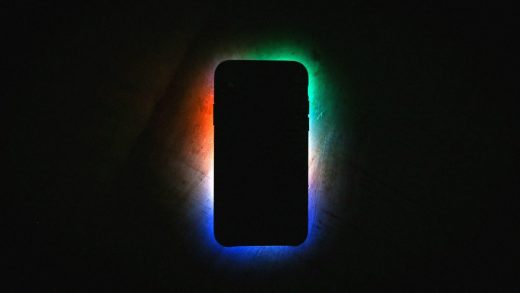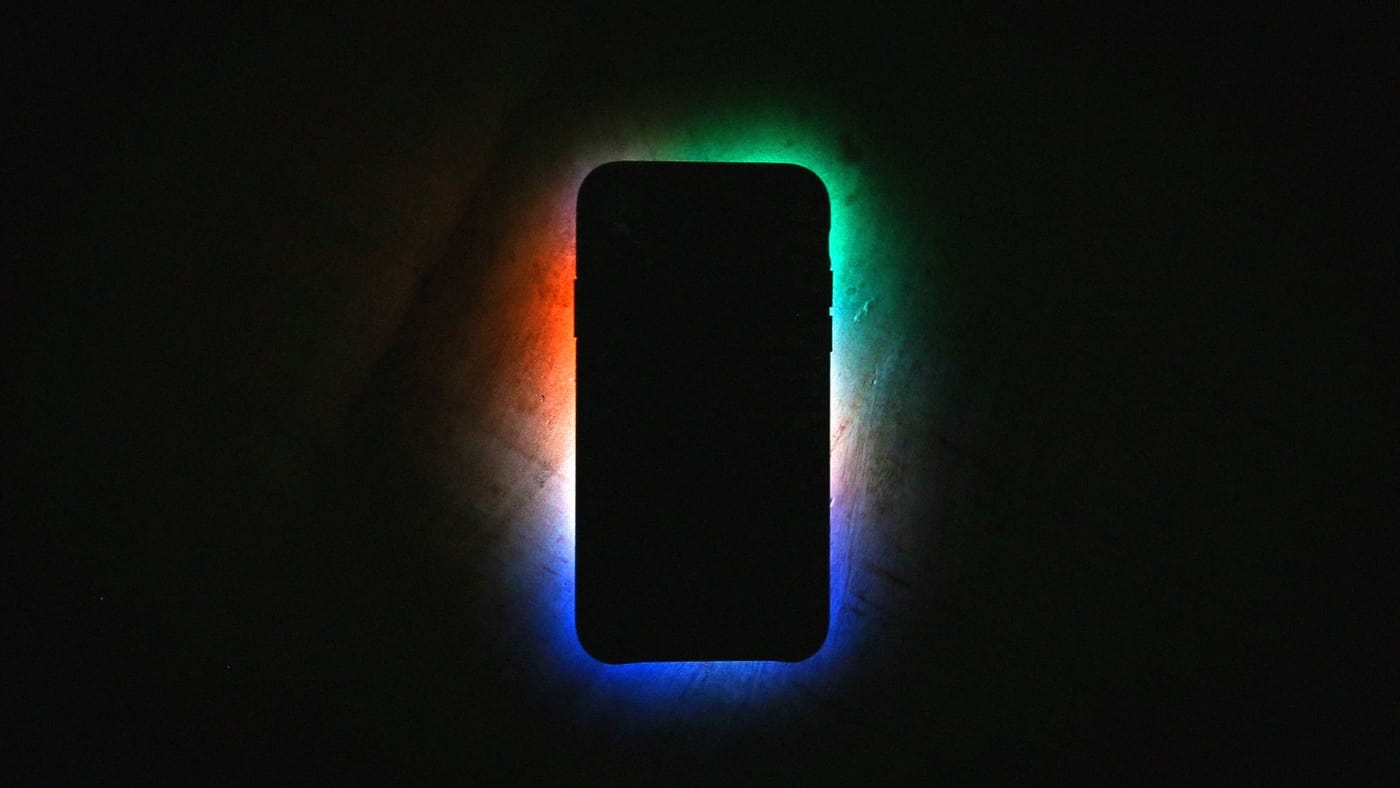Why can’t Apple keep a secret anymore?
When Apple holds its special event on Wednesday, we’ll already know much of what will be introduced. In fact, these days the company rarely seems to be able to keep the lid on its new offerings until they’re announced. For an organization famous for springing its “one more thing” surprises on us, lately it seems to be best at springing leaks.
What gives?
In truth, Apple’s secrecy was never quite as ironclad as legend suggests. The “Luxo” iMac, the G4 Cube, the infamous case of the lost/stolen iPhone 4 . . . the list of products that were accidentally pre-revealed goes on and on. Still, these leaks were mostly speculation based on snippets of information, fuzzy images of prototypes, or product pages, and magazine covers that went live a bit too soon.
Today’s leaks are different. They’re much more consistently accurate and come with fair regularity from reliable sources. Does that mean Steve Jobs was better at running a tight ship than Tim Cook? Probably not.
Times have changed, and the world that iPhone X inhabits is far different from the one into which the original iPhone was introduced. In part, the iPhone itself made it harder to keep secrets—virtually every would-be leaker now has an Internet-connect camera in their pocket. Here are three of the bigger reasons why you may always know more about the next iPhone than Apple would like:
1. More players are involved. It took Apple 74 days to sell its first million iPhones. It now sells that many every day. Producing phones at that rate means involving a lot more people and creating much more infrastructure. That in turn makes it a lot harder to keep a secret. Apple has brought more of the development of irs iPhone components in-house—including even chip design—but it still relies on a multitude of suppliers to provide parts, including rival Samsung. The more players involved, the more opportunities there are for leaks.
2. More people care. Apple watching is no longer the sole purview of Cupertino-centric websites and publications. Major outlets that once ignored Apple as irrelevant are certainly watching now. That also goes for specialty publications, like supply-chain and logistics journals. And entire industries now depend on Apple for the their very survival. Case and accessory makers live and die on the ability to be quick to market with products compatible with the ever-changing specs on Apple’s latest devices. Getting early looks is critical to making sure their designs can be purchased on day one. And since Apple doesn’t provide specs or early looks to its upcoming products—at least to the vast majority of makers—it’s up to them to play detective.
In its blog, supply chain logistics company Flexport notes that Apple’s contract manufacturers like Foxconn employ hundreds of thousands of workers on iPhone assembly lines. “There’s no way to prevent rumors from slowly leaking out up to the product launch,” the company writes. Their advice is blunt: “If you want to be sure before you commit to production, then you should consider sending someone to China.”
3. The government is involved. The original iPhone went on sale in July 2007. But Steve Jobs announced it six months earlier, in January. He did so in part because phones require FCC filings that are public, making it harder to keep the information secret until the last moment. Over 10 years later, those filings are still a source of leaks.
Doubling down on secrecy
The combined result of all these factors is that it’s much harder for Apple to keep its new products under wraps. Then why continue to try? Tim Cook has claimed both that he intends to “double down” on product secrecy, and more recently that “keeping stuff secret is the bane of my existence.” Clearly, the company believes there’s still value in playing its hand close to the vest.
Some speculate that Apple wants to keep upcoming products secret because if word gets out, it can cause sales of its current lineup to falter, as customers wait for the imminent release of a new and improved product. That’s not a full answer, though. Apple’s release schedule—especially for its phones, is largely predictable. Even if customers don’t know the specifics of the next version, they can be pretty sure when it’s coming out, and that it will offer new features and improved specs at the same price.
Another—and perhaps more likely—reason is that Apple spends a tremendous amount of time and money on research and development, and it doesn’t want to tip its hand to competitors who can leverage that information to try to beat the company to market with similar features, even if they’re not as advanced or fully developed.
Apple has shown it will still go to severe lengths to try to stop leaks. It fired an employee whose daughter posted a video of the as-yet-unreleased iPhone X, and it warned employees that they face termination and prosecution if they leak details about the company’s plans. (The irony that this policy was revealed in a leaked memo was not lost on those reporting it.)
The result of these efforts is that despite a more challenging environment, Apple can still manage to deliver a shocker now and then.
In 2013, the company introduced a completely redesigned (and largely unexpected) Mac Pro. It was different enough to prompt Phil Schiller, Apple’s senior vice president of worldwide marketing, to quip “can’t innovate anymore, my ass.”
And although the product itself had been expected for some time, few real details of the Apple Watch were known ahead of its introduction in 2014.
Also in 2014, Apple even managed to develop a fully baked programming language—Swift—under the nose of its developer community.
Notably, one thing these surprises all had in common were that none of them were an iPhone, and thus avoided most of the related challenges of keeping the world’s most-watched product under wraps.
And that may be the most intriguing fact of all. All the attention focused on uncovering the latest iPhone features may provide Apple with the perfect case of misdirection. For while details of upcoming iPhones may be harder to keep secret, the company keeps promising exciting new products in the pipeline. The products that no one is expecting may well wind up being the most interesting.
(135)



